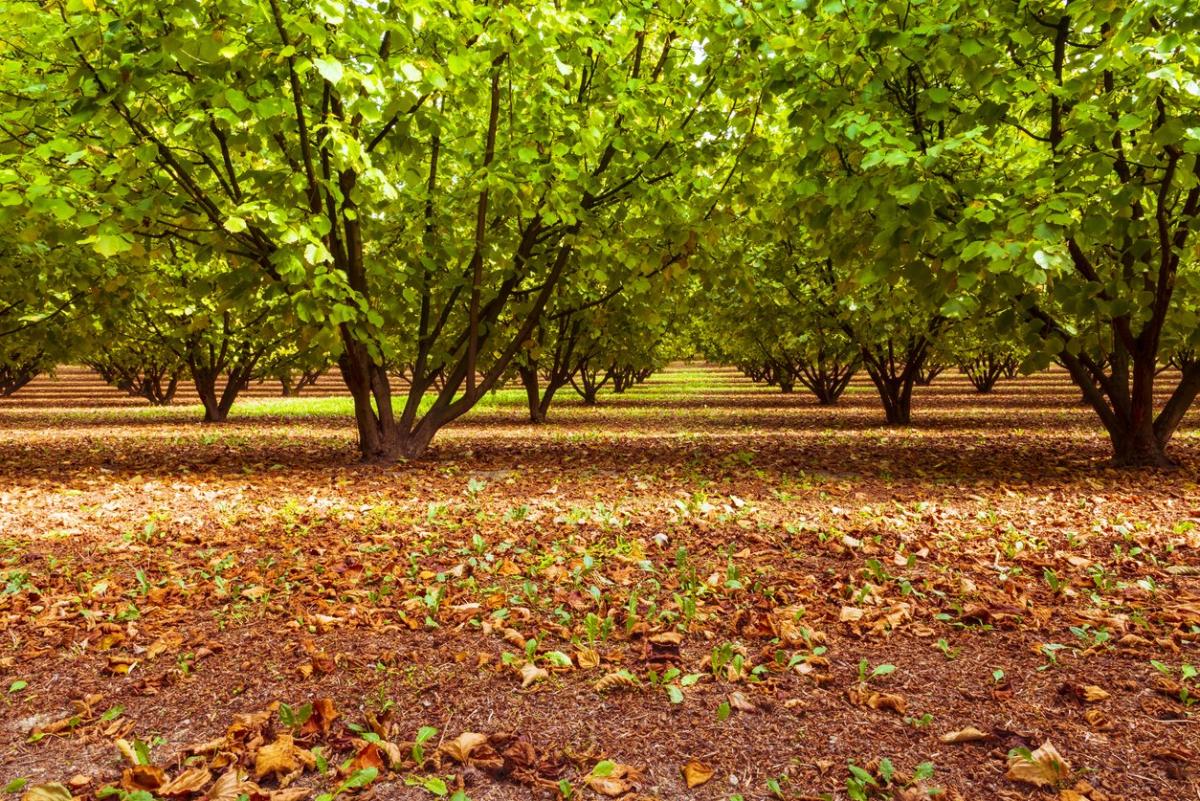
One of the world’s leaders in chestnut production is at risk of experiencing heavy losses as extreme weather conditions batter its vital crop-growing regions.
What’s happening?
Reuters reported that excessive heat and a prolonged drought have devastated chestnut harvests in Greece, with some farmers expecting as much as a 90% reduction in yield.
According to George Nanos, a professor of pomology at the University of Thessaly, the nation’s chestnut output is projected to decline by 15,000 tonnes in 2024 — a loss over 50% higher than the average over the last five years.
Do you worry about how much food you throw away?
Definitely
Sometimes
Not really
Never
Click your choice to see results and speak your mind
“This year, the situation is tragic,” Nanos told Reuters. “We have dead or very damaged trees, with very little production.”
Advertisement
Advertisement
“I don’t remember this happening before,” added Anestis Altinis, a third-generation chestnut farmer. “We have reached almost the end of the harvest season, and the chestnuts remain on the trees.”
Why is the decline in chestnut production concerning?
This decrease comes on the heels of Greece’s hottest winter and summer on record, which have also hampered yields for cherries, apples, walnuts, and olives. The weather conditions have gotten so out of hand that chestnut growers in Thessaly, a region that produces about 25% of Greece’s agriculture, told Reuters that they haven’t had rain for 13 months.
Watch now: This ‘win-win-win’ app offers up to 50% savings on food
These extreme climate patterns portend a continuation of the country’s economic crisis, as agricultural goods account for 20% of its total exports. In addition to its cultural importance domestically, chestnuts are exported across Europe to be used in confectionery and cooking.
Reuters cited a report detailing expectations by Greece’s central bank that rising temperatures will drive up crop prices, resulting in over 1% financial impact on annual economic output when the average over the past few years hovered around 0.2%-0.3%.
What’s being done about chestnut production?
Altinis called on government officials to assist with irrigation; otherwise, the once-fertile areas of Greece face abandonment and desertification. “If they don’t produce chestnuts, the villages will shrink; the mountain will be deserted,” he said.
Advertisement
Advertisement
For what it’s worth, the Mediterranean nation has taken a more holistic approach to addressing the planet’s overheating. Greece generated a record-breaking 57% of its power from sustainable sources in 2023, putting it on pace to achieve its pollution-reduction goals.
Join our free newsletter for good news and useful tips, and don’t miss this cool list of easy ways to help yourself while helping the planet.
EMEA Tribune is not involved in this news article, it is taken from our partners and or from the News Agencies. Copyright and Credit go to the News Agencies, email news@emeatribune.com Follow our WhatsApp verified Channel




